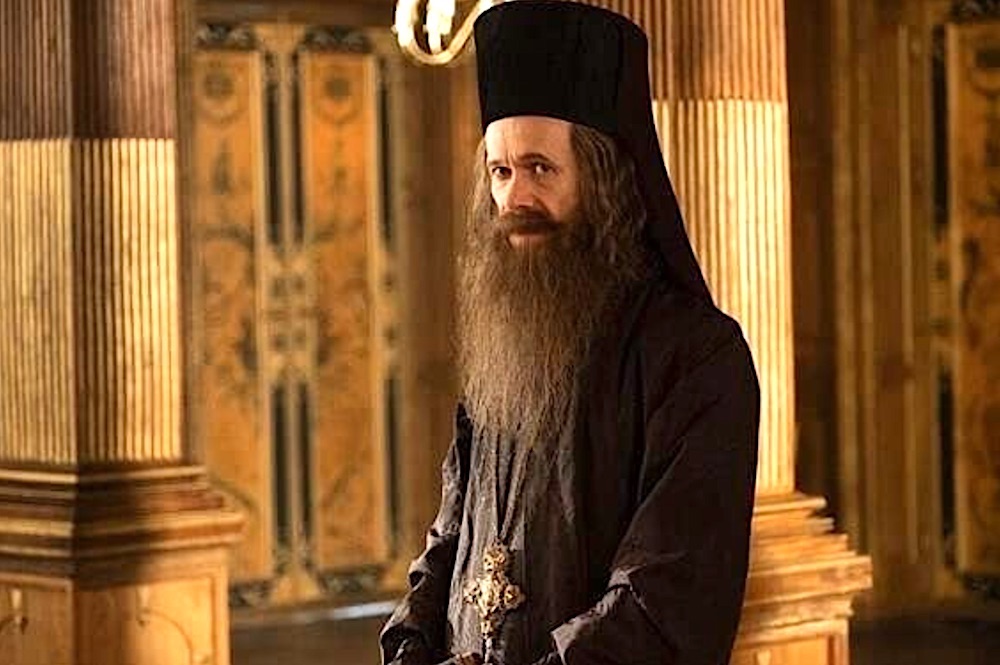History ain’t what it used to be, not on television at any rate. Recently we’ve witnessed the ongoing furore about the factual accuracy or otherwise of The Crown, while Bridgerton has cheekily galloped bareback over the conventional cliches of telly costume dramas. Now here’s The Great (Channel 4), which sort-of purports to tell the story of Catherine the Great, although writer Tony McNamara has given himself plenty of room for whimsy and invention.
Each episode is prefaced with the caption “An occasionally true story” (a precaution some other programme-makers might like to consider), and McNamara hasn’t bothered himself much – some might say at all – with the minutiae of Russian history in the mid-18th Century. He has some form in the area of fictionalised revisionism, as co-writer of the award-winning period black comedy The Favourite, though this time he overdoes the glib ahistorical dissonances and gratingly 2021-ish obscenities. Suffice to say that Elle Fanning’s naive young Prussian princess Catherine (whose name was originally Sophie, but that needn’t detain us) arrives in Russia to marry the Emperor Peter (Nicholas Hoult), but rapidly has her girlish illusions brutally shattered.
Peter is an unhinged monstrosity, recklessly drunk and violent, obsessed with fornication in its most primitive forms and shooting animals, or people if he feels like it. He presides over a court of grovelling yes-men, women who are treated as inanimate objects, and the sinister, bearded Archbishop (Adam Godley, pictured below) who lurks Rasputin-like in the background. Hoult’s portrayal of Peter walks a tightrope between black-comic absurdity and murderous nihilism, as if Ken Russell had given the script a quick once-over.
 Catherine’s idea of what her first night of marital bliss would be like was a fairytale of chocolate-box cliches handed down to her by her mother, which she artlessly recited to her lady-in-waiting Marial (a pleasingly acerbic Phoebe Fox). The reality was Peter marching into the bedroom and hoisting her legs in the air for what to all intents and purposes was rape. “Let us hope my seed has found purchase,” he declared, beaming with pride.
Catherine’s idea of what her first night of marital bliss would be like was a fairytale of chocolate-box cliches handed down to her by her mother, which she artlessly recited to her lady-in-waiting Marial (a pleasingly acerbic Phoebe Fox). The reality was Peter marching into the bedroom and hoisting her legs in the air for what to all intents and purposes was rape. “Let us hope my seed has found purchase,” he declared, beaming with pride.
However, Peter has reckoned without the early onset of girl power. We know that Catherine is someday going to be the Empress who revitalises Russia and turns it into a world power, but jeez, does she have an uphill task on her hands. None of the women at court can read, and if Peter can he keeps it to himself.
Catherine, however, is cultured, liberal-minded and a veritable Wikipedia of knowledge, and Fanning’s performance is already evoking the steel behind her demure blonde exterior. When she starts quoting Rousseau’s The Social Contract, Peter’s response is to order an underling to “take the Empress to the other ladies and speak of hats.” Her quote from Diderot – “men will never be free until the last king is strangled with the entrails of the last priest” – sails right over his head, which is lucky because otherwise he would presumably have had her executed. When she plans to create a school for the woefully uneducated women in the palace grounds, Peter has it burned down.
Catherine becomes so miserable that she hides herself in a crate and tries to send herself to Austria, to which her husband’s riposte was to fling her in a lake and leave her there until she’d almost drowned. But things can only get better. Already, Marial, bitter at her demotion from a lady of the court, is clairvoyantly backing Catherine as a great reformer-in-waiting. Much absurdity surely lies in store.















Add comment